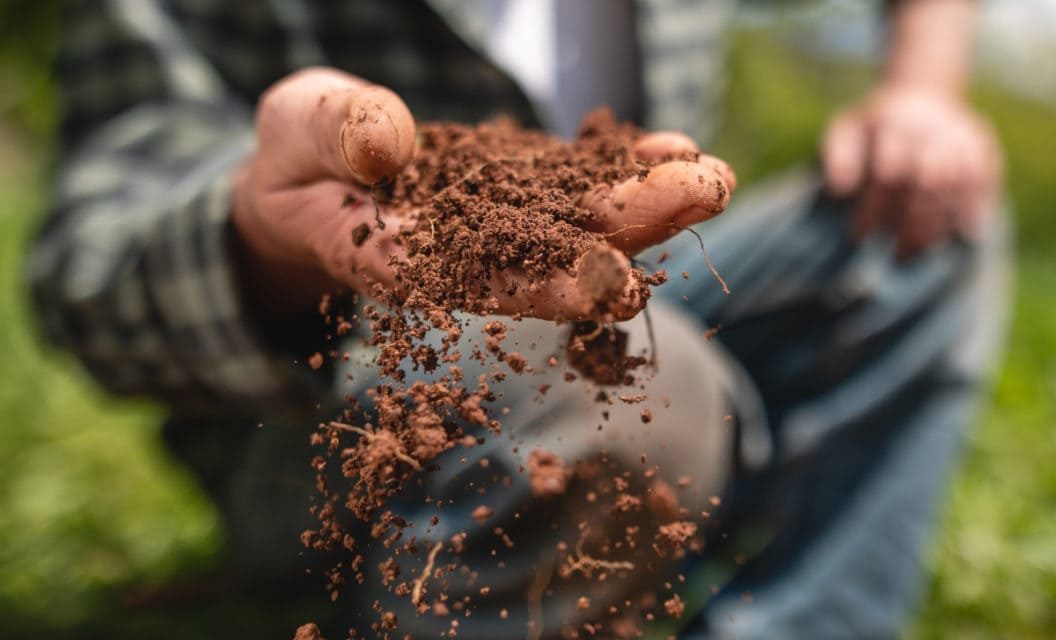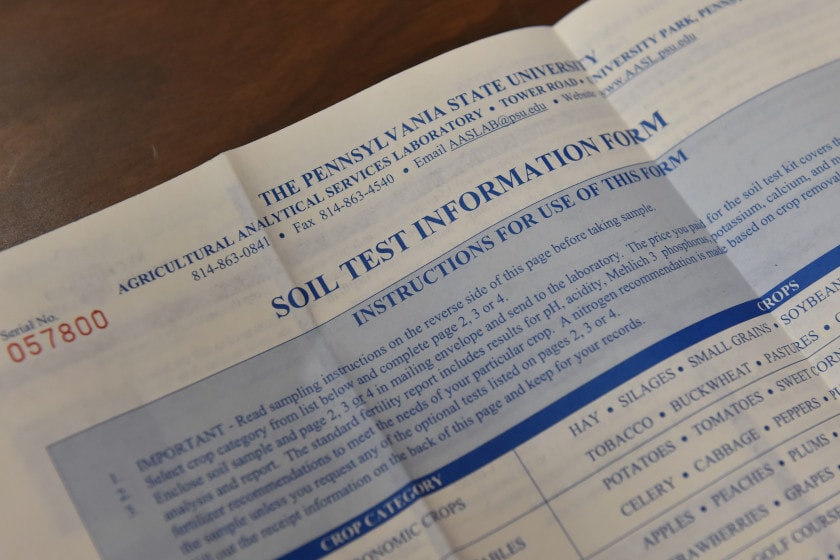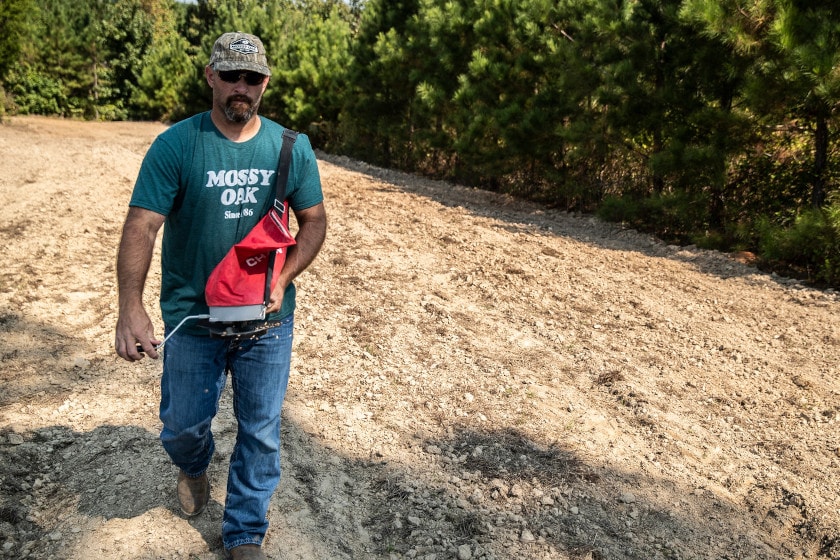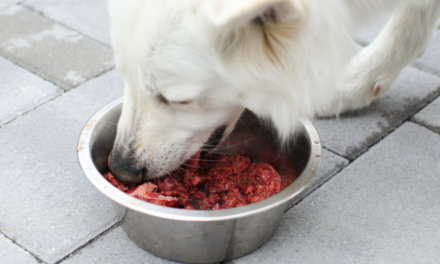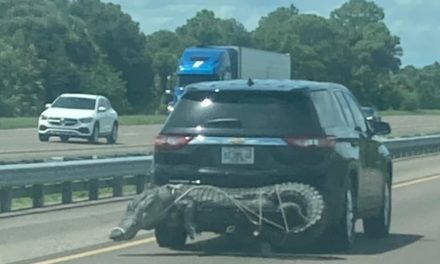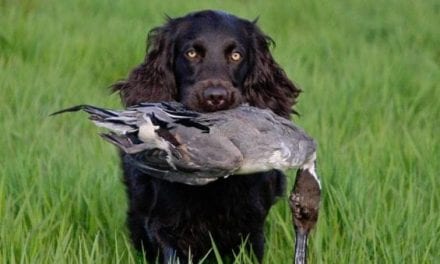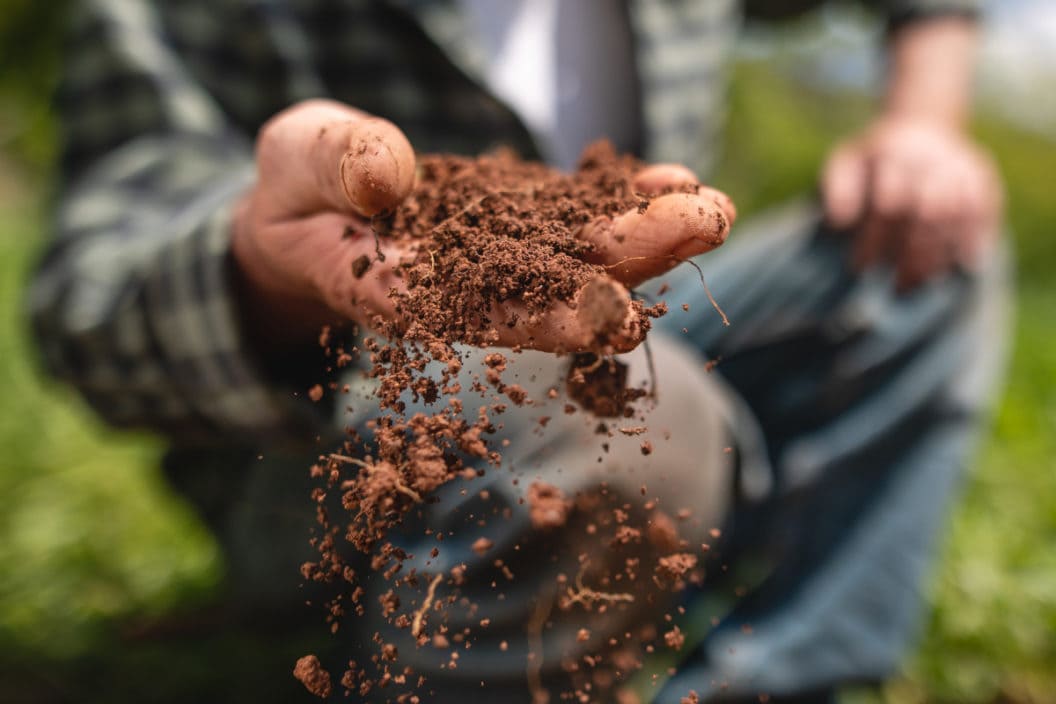
Every hunter knows the value of a good food plot. Adding one of these can turn an otherwise ordinary hunting property into an extraordinary one in a hurry. We always want to provide the best resources possible to the local deer population, and as a reward for our hard work, we see a healthier deer herd and ideally, larger bucks over time.
It is not too hard to buy a bunch of seed and fertilizer and spread it on your soon-to-be food plot without thinking about it too much. In fact, that’s what most hunters do. We’re not saying you cannot have success doing that. However, if you take advantage of the science available to you, your food plot could be a lot easier to plant with less trial and error on your part. You can do that by buying a soil test. Not only will it save you time and energy in the long run, it’ll also produce more highly nourishing food for your deer herd. The better the food source, the more likely the deer are to use it, and the less time they’ll spend hanging out on your neighbor’s property. It’s easier to do this than you might first think.
Why You Should Test Your Soil
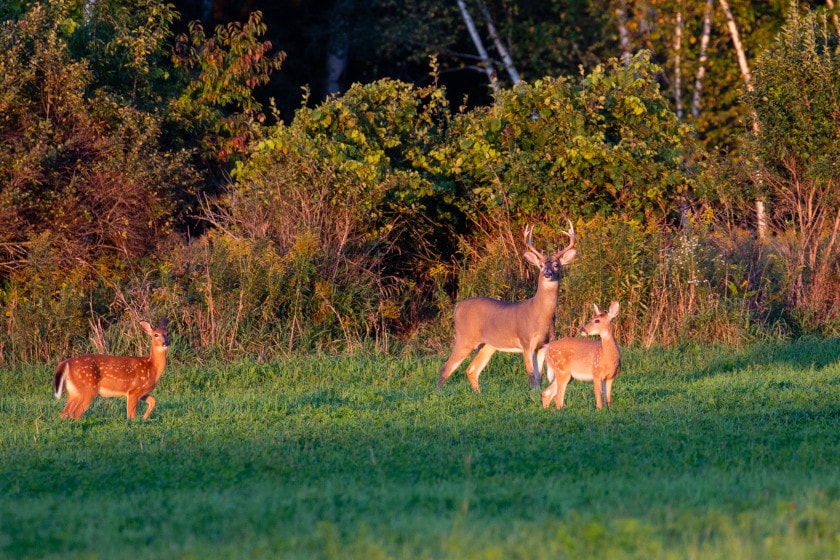
Getty Images: Michael Tatman
The best thing about a soil test is that it is super cheap and not too difficult to do. There are plenty of different kinds of soil tests you can get. Most of them are around $15. You may be tempted to get a rapid test readily available from online retailers or your local home improvement store. The good thing about those tests is they give you results right away, but the downside is they are not very accurate. Our recommendation is to get a lab-based kit from your local county extension office. This way you can send the sample off to the lab, and for the cost of shipping, you can get a much more detailed test and even a recommendation on how to fertilize your soil. This takes longer, but the results are worth the wait.
After you fill out a little information about your property and test the soil, the results will have a detailed explanation of what to add to your property, and what you don’t need to add. Then it is just a matter of doing a little math to figure out how many bags of your required fertilizer to buy. That means you can save a ton of money by only purchasing exactly what your food plot needs.
What Kind of Soil Test to Buy
The best thing about a soil test is that it is super cheap and not too difficult to do. There are plenty of different kinds of soil tests you can get and most of them are around $15. You may be tempted to get a rapid test that gives you results right away, but while they are fast, they are not very accurate. Instead, you can get a lab-based kit from your county extension office. This way you can send the sample off to the lab, and for the cost of shipping, you can get a much more detailed test and even a recommendation on how to fertilize your soil. After you fill out a little information about your property and test the soil, the results will have a detailed explanation of what to add to your property, and what you don’t need to add. Then it is just a matter of doing a little math to figure out how many bags of your required fertilizer to buy.
Testing Your Soil: The Basics
After you get your soil testing kit, you are going to need a couple of other tools. For starters, you need a relatively clean five-gallon plastic bucket. Next, you either need a stainless steel or chrome/nickel-plated soil probe (about $80), or a shovel made of similar material. The material your tool is made of is important because the wrong type of metal can contaminate your sample. Then you simply want to go around the area where you want to plant your food plot and take samples. Your samples should include soil that is three to five inches deep. Make sure you remove any grass or rocks or other large organic material from your sample if you are using a shovel. Once you take a sample, put it in your five-gallon bucket.
You want to take plenty of samples, but you don’t really need to go overboard. A larger food plot will require more samples. A half dozen or a dozen samples will likely be fine for most cases, just make sure to spread them out over the whole food plot. After you have your samples collected in your bucket, you want to mix that bucket up well. Most soil test kit only allow for a small single sample. So, by taking a lot of samples and mixing them, we are getting an average representation of the soil in your food plot. Once you have mixed up your bucket, take a sample of it and fill up the soil test kit and ship it to the lab. It’s a really simple process and something you can easily do while running trail cameras or doing other chores on your hunting land.
What to Do With The Results
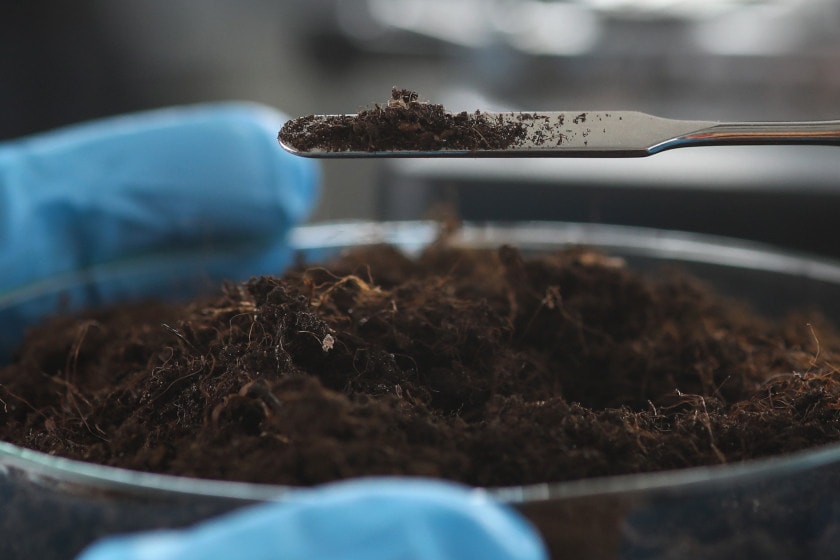
Getty Images: megaflopp
If you do a soil test with your county extension office, they will send you a very nice-looking report when it is done. This report will show you the levels of all the most important nutrients in your soil and give you very clear recommendations on what you need to add. It takes practically all the guesswork out of getting the most out of your food plot. If you need to add a particular type of nutrient, the report will say you need X pounds per acre or tons per acre, or pounds per square foot. Just keep in mind when you go buy a commercial fertilizer that it usually has a ratio of 10-10-10. This means there is 10% of each nutrient (Nitrogen, Phosphate, & Potash) in the mix. So, a 50-pound bag has five pounds of each nutrient in it, and the rest is filler. Read the packaging accordingly and adjust as needed.
You can try to find a more specialized mix than the standard all-purpose 10-10-10 fertilizer, but you can also use your soil test report to order a custom mixture of fertilizer from a variety of companies. Some of those companies also offer soil testing, and then will automatically offer you a custom mix when the results come in. Then you just need to calculate how many bags you need based on the report. After that, all that’s left is to spread it and plant!
Some hunters may see this as a lot of extra steps in food plot management. But testing your soil before planting your food plot is not very complicated and does not take long at all. If you are already fertilizing your food plot, then taking the extra hour to take samples of soil and send back the soil test is worth the time and effort. You may even find you’ve been over-spending on fertilizer from one. Who doesn’t like saving money? Just make sure you test your soil earlier in the year, just so the lime has time to take effect if it is needed.
Having a customized fertilizer will greatly increase the production of your food plot and make sure it is successful during the coming season. Considering how easy this is to do and how great it is for your food plot; this could be the single most important thing you could do for your deer herd this year.
READ MORE: WHEN AND WHERE TO PLACE TREESTANDS AND GROUND BLINDS ON A FOOD PLOT
The post How to Test Your Soil for a More Effective Food Plot appeared first on Wide Open Spaces.

